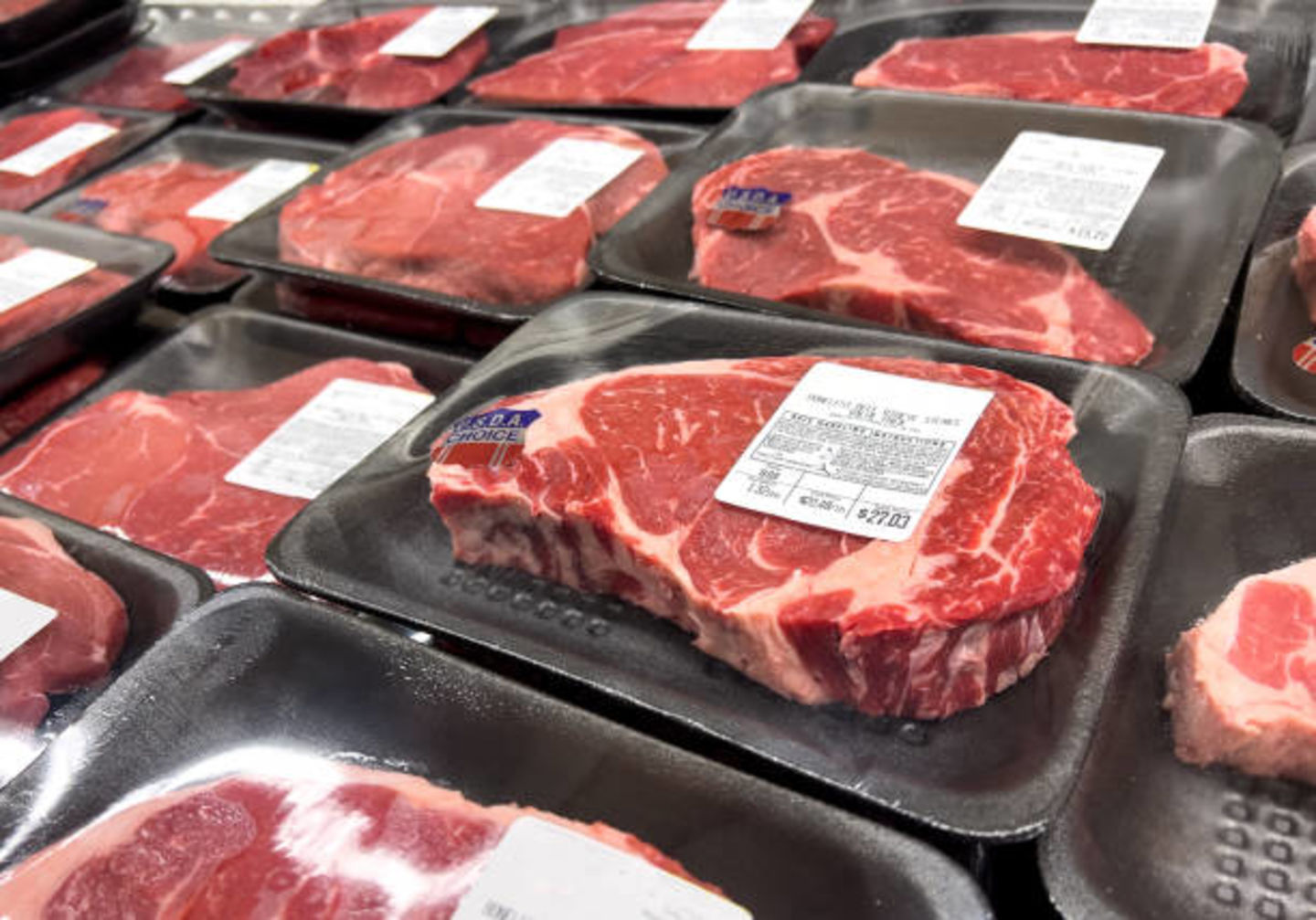
Dubai’s food supply chain is one of the most robust and dynamic in the region. From five-star hotel kitchens to local supermarkets, the demand for high-quality frozen meat continues to grow year after year. Driven by a fast-expanding population, a thriving hospitality industry, and rising consumer expectations, the city offers fertile ground for businesses trading in frozen poultry, beef, lamb, and specialty meat products.
If you’re wondering whether you can start a frozen meat trading business in Dubai—the answer is yes. But as with any regulated and high-stakes industry, success will depend on more than just supply and demand. You’ll need a solid understanding of the legal framework, logistics, and food safety requirements—as well as a clear value proposition to stand out in a competitive market.
Let’s explore how to turn this opportunity into a viable business.
Understanding the opportunity
Dubai is a net importer of meat, with the UAE relying on partners from Brazil, Australia, India, and Europe to stock its shelves and fill its commercial kitchens. While fresh meat is certainly part of the equation, frozen meat dominates in terms of both volume and practicality—especially when it comes to long-term storage, inventory planning, and export compliance.
Demand is consistent and diverse. Restaurants seek specialty cuts. Retailers require consistency in quality and packaging. Catering companies and food service distributors look for cost-effective bulk supplies. The opportunity lies in becoming a reliable intermediary between international suppliers and local buyers who expect traceability, hygiene, and timely delivery.
Meeting regulatory and health requirements
Trading in frozen meat isn’t just about refrigeration—it’s about compliance. The UAE has stringent food safety regulations overseen by various authorities including Dubai Municipality. To operate legally, you’ll need to secure the appropriate business license, register your company, and obtain permits for importing and distributing perishable food products.
Every batch of imported meat must meet strict documentation standards—this includes country-of-origin certificates, halal certifications, veterinary health documents, and compliance with local labeling laws. You’ll also be expected to maintain cold chain integrity, meaning the meat must be stored and transported at approved temperatures from the moment it arrives until it’s delivered to the end customer.
Working with customs agents and logistics firms that are experienced in frozen food clearance is highly recommended to avoid costly delays or rejections at port.
Building supplier relationships and distribution channels
Your choice of suppliers will directly impact your product quality, delivery timelines, and cost structure. Whether you’re sourcing frozen chicken from Brazil or mutton from New Zealand, you’ll want to work with exporters who understand the UAE’s documentation requirements and are prepared to offer consistent volumes.
Some entrepreneurs choose to partner exclusively with one or two producers and act as their regional distributor. Others build a more diverse portfolio of meat products to cater to different segments of the market—from value-based offerings to premium organic or grass-fed meats.
Distribution is another critical piece of the puzzle. You may choose to sell directly to HORECA (hotel, restaurant, catering) clients, supermarkets, or through wholesalers. Building a sales team that understands the unique needs of each buyer category can go a long way toward creating recurring contracts and stable revenue streams.
Differentiating in a competitive market
Frozen meat is a competitive business, and pricing alone is rarely enough to sustain margins. Successful companies find ways to differentiate—through quality assurance, fast delivery, niche product lines, or technology-driven service.
Consider offering value-added services such as custom cuts, private labeling, or bundled food service solutions. Some traders are investing in cold storage infrastructure and real-time inventory tracking systems to improve reliability and transparency.
Your brand matters too. Even in the B2B space, a professional website, credible certifications, and customer testimonials can build trust and unlock higher-value deals. Positioning your business as a dependable, compliant, and quality-driven supplier will help you scale in Dubai’s discerning market.
The right environment to build and grow
While the opportunity is real, navigating regulations, logistics, and operational challenges can feel daunting—especially for first-time entrepreneurs. That’s why choosing the right launchpad matters.
Dubai South Business Hub was created for founders who are ready to move from idea to execution. Strategically located in Dubai’s logistics corridor, it offers much more than office space and licensing support. It provides a complete ecosystem designed to remove friction from your business journey.
Here, you’ll find tailored guidance, a supportive community, and direct access to infrastructure that simplifies trade and accelerates growth. Whether you’re negotiating supplier contracts, setting up cold storage, or preparing your import documents, you’re not doing it alone.
At Dubai South Business Hub, we believe that every ambition deserves momentum—and that success is not just about starting a business, but scaling it with confidence. For entrepreneurs in the frozen meat trade, this is a place where big plans are not just welcomed—they’re made possible.